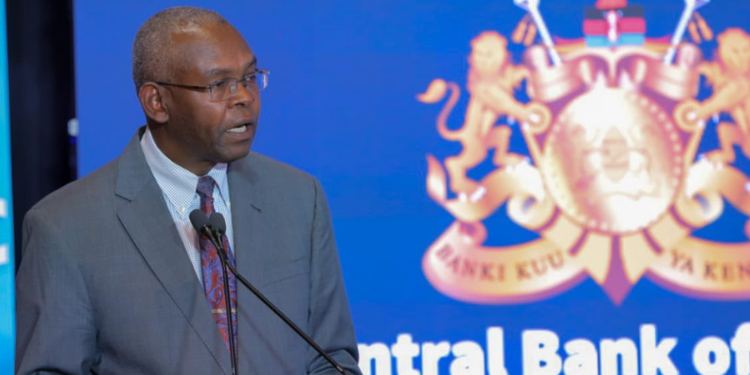The Central Bank of Kenya (CBK) has officially revoked the licence of a Money Remittance Provider (MRP) after the company suspended its operations. CBK Governor Dr Kamau Thugge, in a gazette notice dated September 16, 2025, revoked the licence of Bonto Kenya Money Transfer Limited.
According to the notice, the Central Bank revoked Bonto’s licence effective September 11, 2025, under Regulation 44(2) of the Money Remittance Regulations, 2013. The move formalizes Bonto’s earlier decision to exit the Kenyan market.
“It is notified for the information of the general public that pursuant to Regulation 44 (2) of the Money Remittance Regulations, 2013, the Central Bank of Kenya has revoked the licence of the Money Remittance provider set out in the First Column to the Schedule hereto with effect from the date specified in the Second Column of the Schedule,” the notice reads.
The company had already ceased processing remittance transactions on August 15, citing unsustainable market conditions. In a statement to its customers, Bonto said it would wind down operations over the coming month, subject to CBK approval.
“We would like to formally inform you that, after careful consideration, the Board of Directors of Bonto Kenya Money Transfer Limited (BKMTL) has made the difficult decision to cease our money remittance operations and surrender our license to the Central Bank of Kenya,” read the statement in part.
“BKMTL has stopped processing transactions since August 15th, 2025, at 18:00 EAT. We will be winding down operations in Kenya in the coming month, subject to CBK approvals.”
Bonto Kenya Money Transfer Limited suspends operations
Bonto attributed its exit to a combination of financial and regulatory pressures. These include rising operational and compliance costs, shrinking margins in the USD-KES exchange market and stiff competition from dominant players such as banks, mobile money services like M-Pesa, and global fintechs offering broader networks and lower fees
The revocation adds to growing concern over the viability of smaller money remittance firms, many of which are struggling to survive in a market that continues to consolidate around a few large providers.
Also Read: CBK Licenses 27 New Digital Credit Providers (FULL LIST)
MRPs accept funds on behalf of customers for transfer either domestically or internationally, often using CBK-approved agents. However, they remain directly accountable to the CBK for all agent activities and are required to maintain strict standards of transparency, security, and regulatory compliance.
CBK framework and licensing rules for MRPs
Established under the Money Remittance Regulations, 2013, MRPs are subject to licensing and supervision to ensure a secure, competitive, and consumer-protected remittance environment.
Key requirements include a minimum core capital of $50,000, a non-interest-bearing deposit of $20,000, and identity verification for transactions above $10,000. The providers must also provide clear disclosure of fees, exchange rates, and transfer timelines.
Also Read: Kenya’s Diaspora Remittances Hit Ksh54 Billion in June 2025
Operational Standards, on the other hand, include the use of secure systems, record-keeping for seven years, and mandatory reporting of suspicious transactions to the Financial Reporting Centre (FRC).
Before working with banks, MRPs must enter into formal agreements submitted to the CBK for approval. Importantly, MRPs bear full responsibility for their agents’ conduct, including any errors or misconduct during transactions.
As of May 2025, 29 licensed MRPs were listed in the CBK’s official directory. Despite a record $5.77 billion in remittance inflows in 2024, Kenya’s remittance market has grown increasingly competitive.
Major global players — such as Western Union, MoneyGram, WorldRemit, Xoom, Azimo, Sendwave, and Skrill — have partnered with local banks and mobile network operators to deliver faster, more convenient services. Many banks now offer Diaspora Current Accounts, enabling Kenyans abroad to remit funds directly for savings or investment.
Follow our WhatsApp Channel and X Account for real-time news updates.
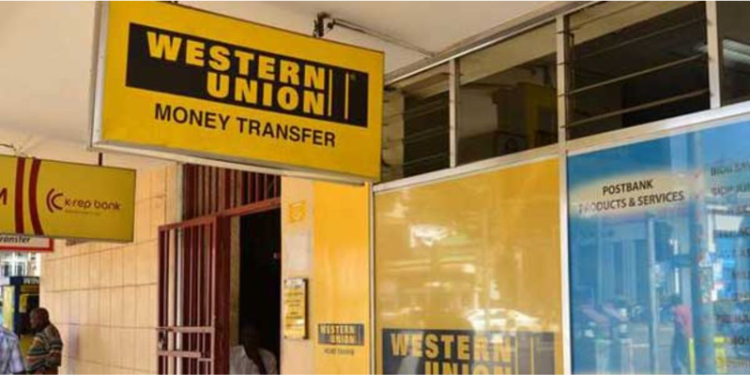

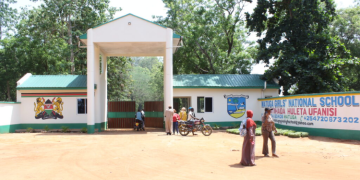
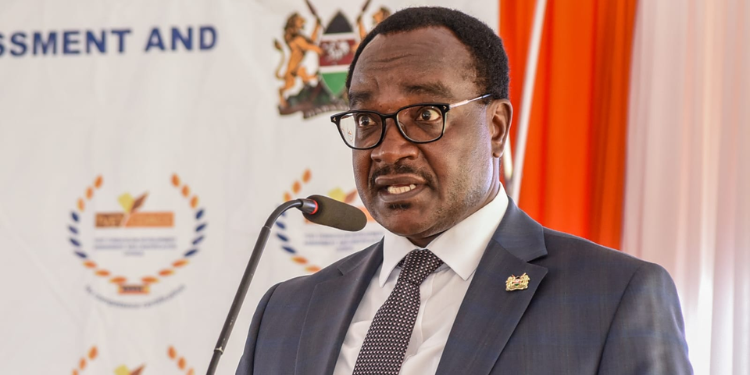



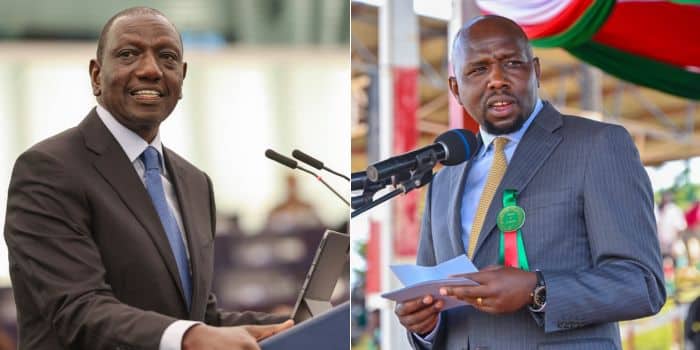
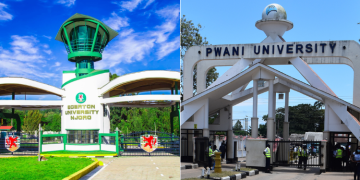








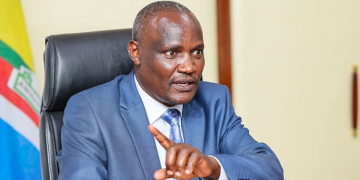

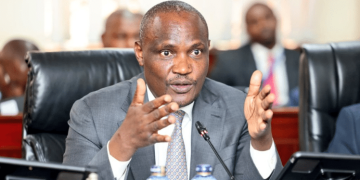


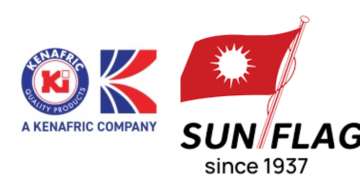



























![Senator Allan Chesang And Chanelle Kittony Wed In A Colourful Ceremony [Photos] Trans Nzoia Senator Allan Chesang With Channelle Kittony/Oscar Sudi]( https://thekenyatimescdn-ese7d3e7ghdnbfa9.z01.azurefd.net/prodimages/uploads/2025/11/Trans-Nzoia-Senator-Allan-Chesang-with-Channelle-KittonyOscar-Sudi-360x180.png)




















